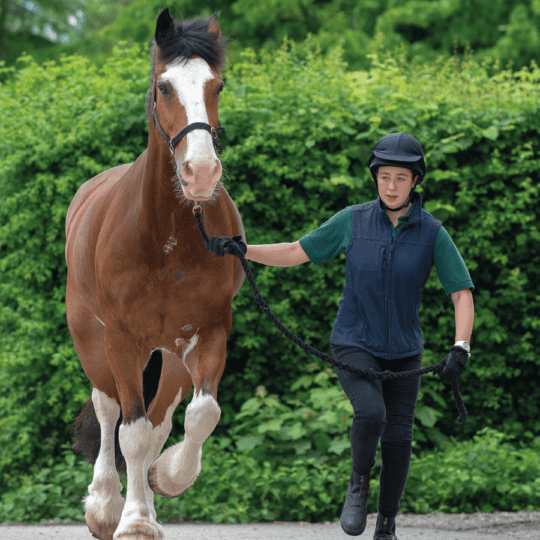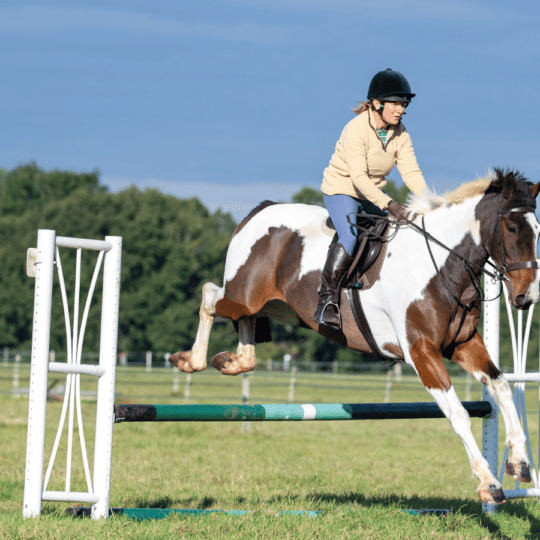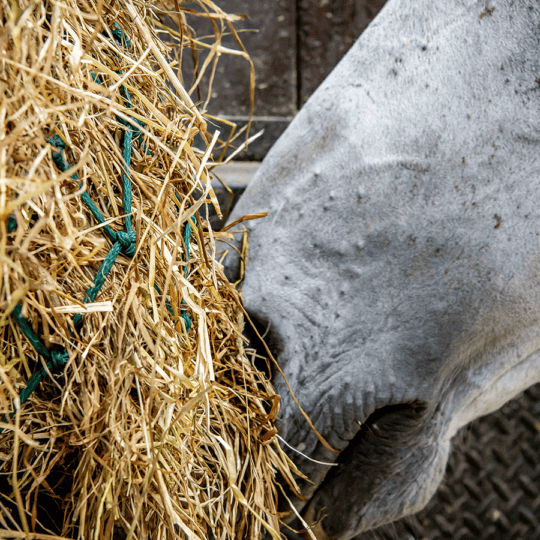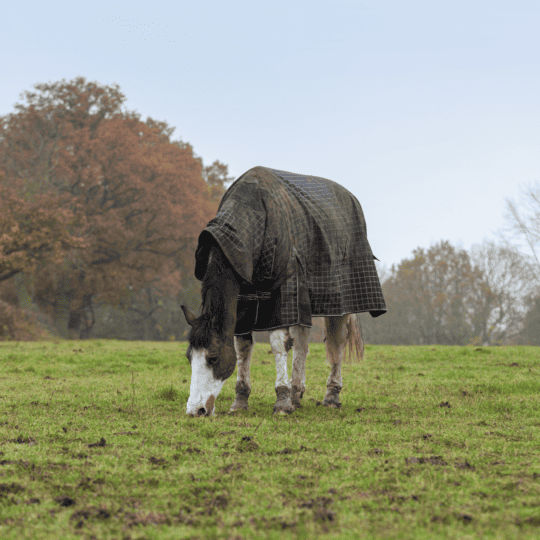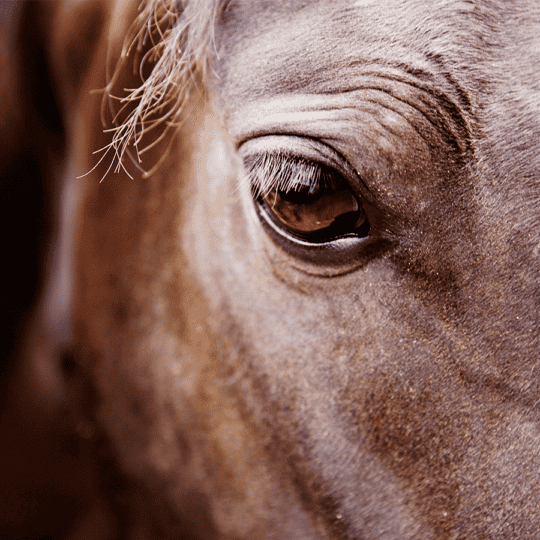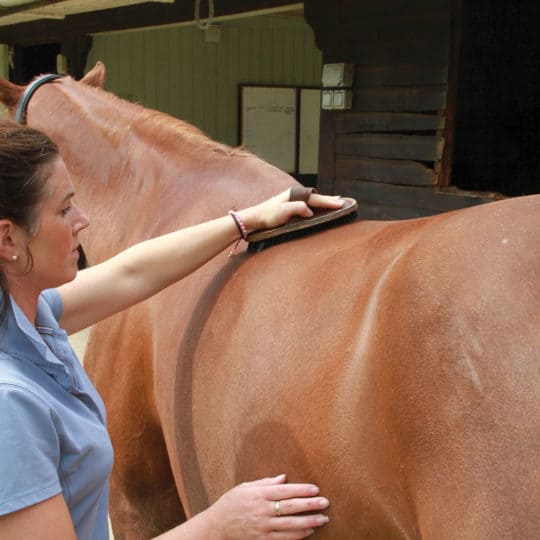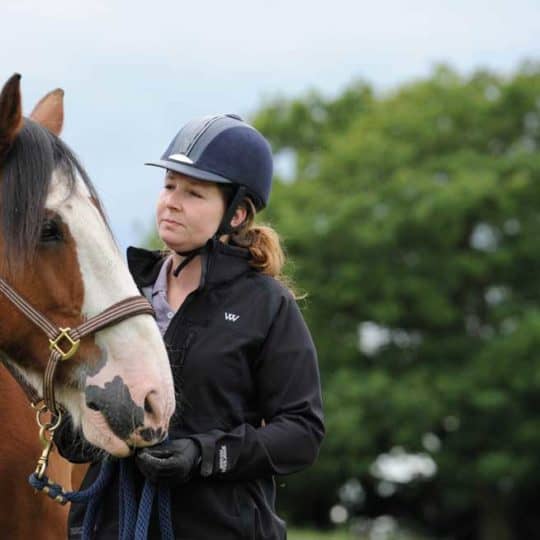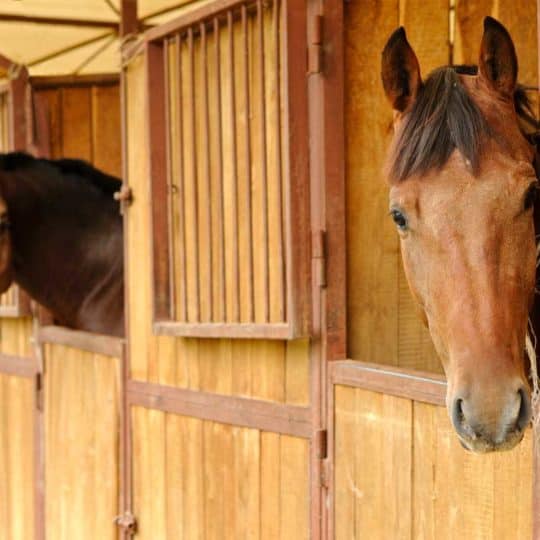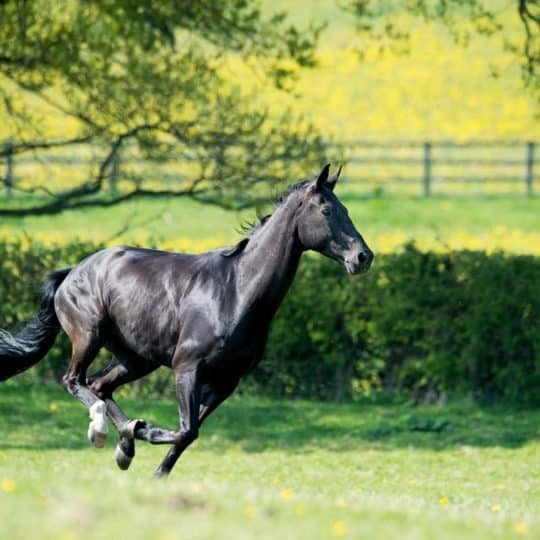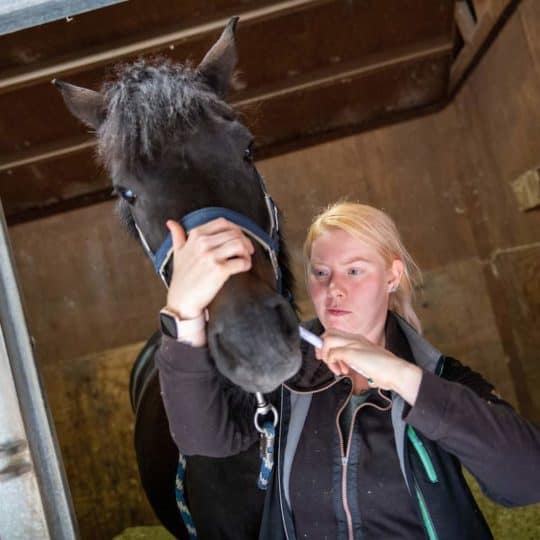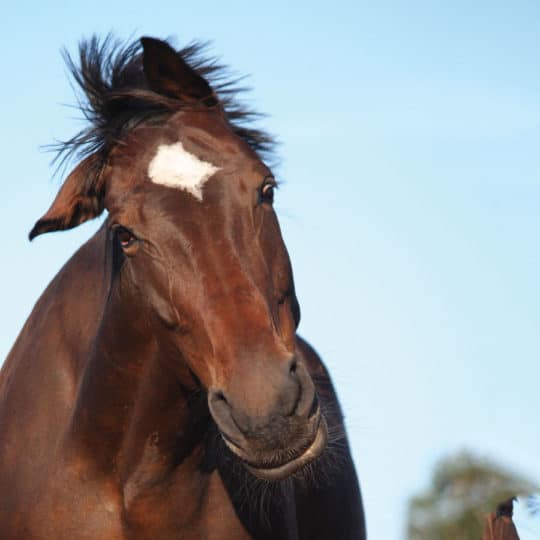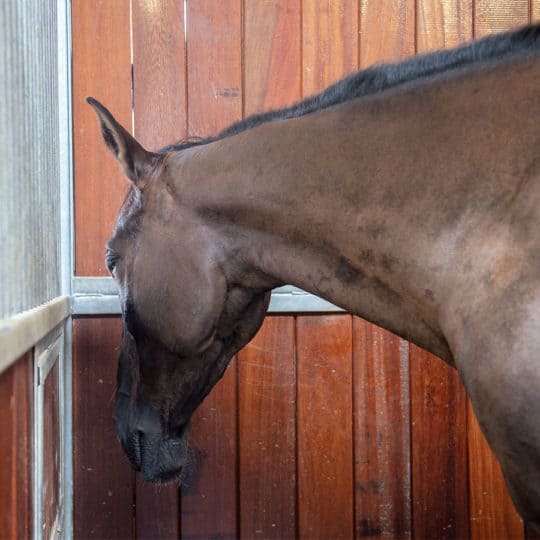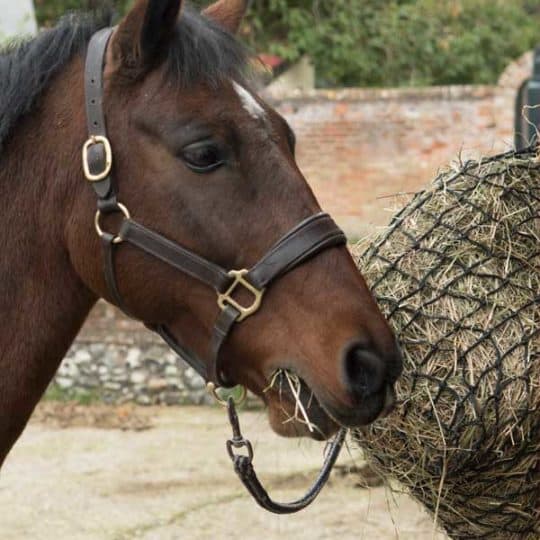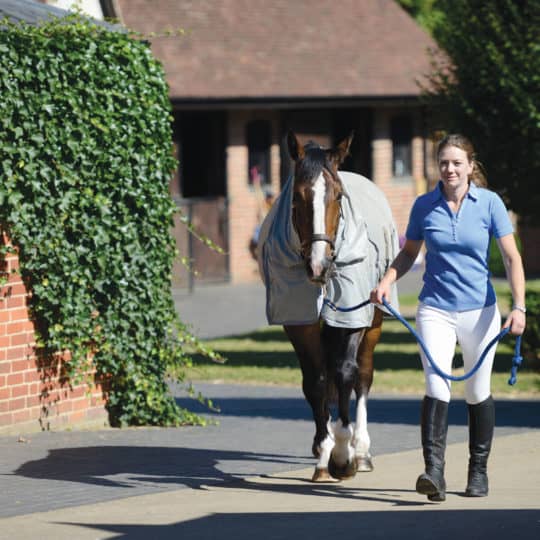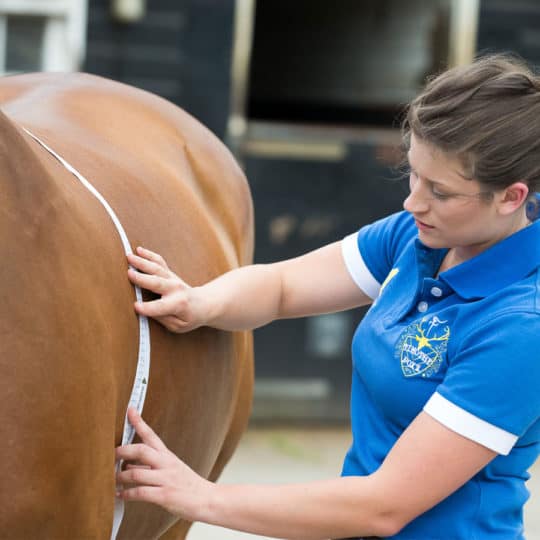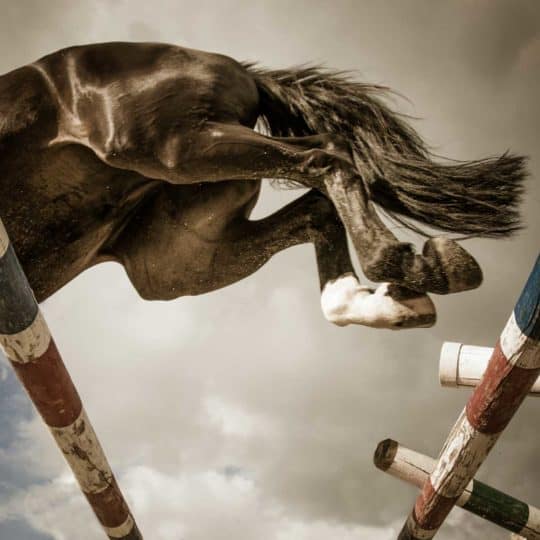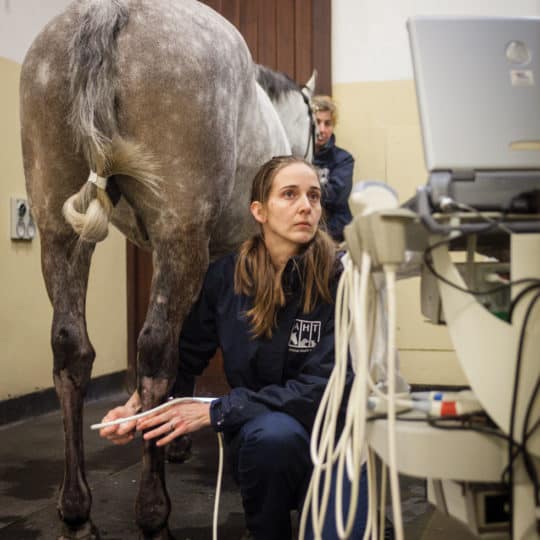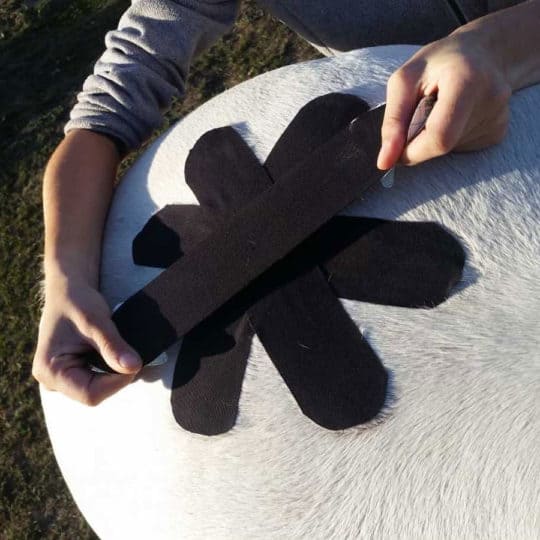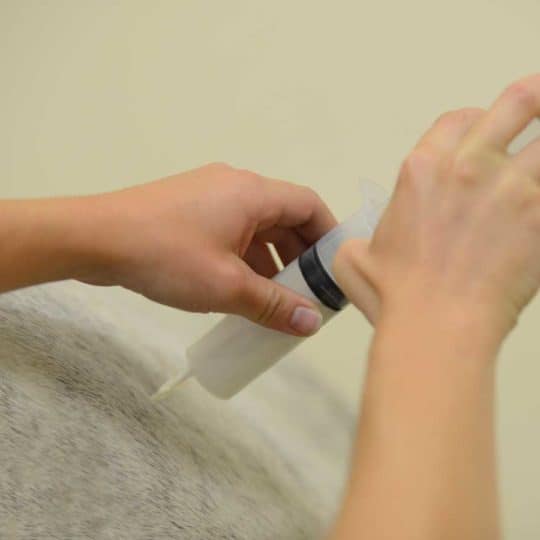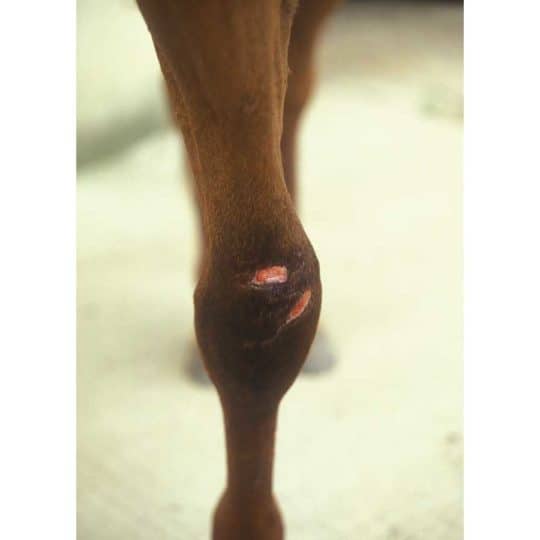Looking into lameness
If your horse goes lame, diagnostic technologies will allow him the most appropriate treatment possible, as vet Jonathan Anderson explains Read Article
All about arthritis
Often viewed as a symptom of older age, learn more about the joint disease that affects much of the equine population in one way or another Read Article
Laminitis feeding guide
Learn all about feeding horses with laminitis with help from HorseHage Read Article
All about abscesses
While abscesses can occur anywhere in the body, you’re most likely to come across this form of bacteria build-up in the hoof. Vet Andrew Robinson explains more Read Article
The eyes have it
Discover some fascinating facts about your horse’s eyes and understand his behaviour Read Article
Rain scald
Has your horse developed scabby, crusty areas of skin? It could be caused by a condition called rain scald. Vet Jenna Elliott, from Rosevean Veterinary practice, explains Read Article
Navicular
Navicular disease has caused many horse owners heartache over the years, but vets have discovered that it may not be all it seems. Vet Lucy Meehan, from Langford Vets, explains Read Article
Take good care
There’s never been a better time to brush up on your understanding of biosecurity to help keep your horse in ... Read Article
Preventing injury
What causes injury and how can you avoid it? In an excerpt from Sport Horse Soundness and Performance, Dr Cecelia Lonnell investigates Read Article
Worming made easy
An effective worming strategy is easy to put together, and will help keep your horse healthy and happy all-year-round Read Article
Headshaking
Headshaking is common in horses, but it’s often misunderstood. Vet Sarah Smith, from Langford Vets, tells us more about this mysterious condition Read Article
Sedation and general anaesthetic
There will almost certainly be a time when your horse needs to be sedated and, in some cases, he may even need a general anaesthetic. But how do they work and what are the risks? Katie Brickman from Minster Vets explains Read Article
Feeding for a healthy digestive system
Do you want to optimise your horse’s digestive system and get him glowing from within? Emily Jackson, Equine Nutritionist for Allen & Page Horse Feeds, provides some feeding management advice Read Article
Sweet itch
While there’s no cure for sweet itch, there’s a lot you can do to make your horse’s life more comfortable if he suffers from the condition. Vet Roly Owers, from World Horse Welfare, explains Read Article
Equine MOT
You can’t take him to the garage, but your horse still needs regular checks to keep him ticking over. We demystify a year in horsey maintenance Read Article
Joint health – problems, prevention and supplementation
There is a long history of fascination with the horse’s athletic ability, which is used in both sport and leisure. Physiologically, horses are supreme athletes and much more naturally talented than humans. But this athleticism means that they are prone to musculoskeletal problems, especially in their joints, and domestication and breeding for specific traits has probably enhanced the likelihood of problems. Read Article
Tackling tendon injuries
Injuries to tendons can be tricky to heal, but with early detection and the right treatment, the outcome can be significantly improved, as vet Laura Quiney, from the Animal Health Trust, explains Read Article
How to use VetkinTape for Sacroiliac Joint Dysfunction (SI-joint Pain)
Sacroiliac joint dysfunction is a painful condition, but Equine Physical Therapist Laura Wildschut explains how VetkinTape could help Read Article
The rise of the superbug
Threatening the health of our horses as well as our own, resistance to antimicrobial drugs is on the increase. Vet Laura Quiney, from the Animal Health Trust, explains how you can help preserve the use of these lifesaving medicines Read Article
How a wound heals
Horses tend to be accident-prone, which means that dealing with wounds is part and parcel of being a horse owner. Vet Sally Hodgson, from Hook Norton Veterinary Group, explains how wounds repair and how you can help the process Read Article




